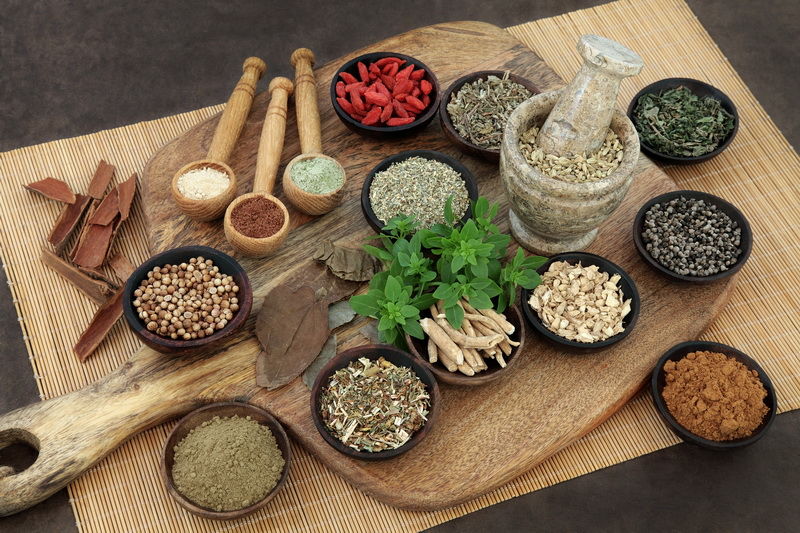In Australia, it is estimated that one in six couples will experience problems getting pregnant.
This is a high percentage of people finding it hard to conceive naturally, with a further one in 35 men likely to experience a fertility issue; meanwhile, women make up 40 percent of all untreated cases in Australia.
What you put on your plate can have a large impact on your success rate in getting pregnant, with several foods boosting fertility and ovulation (and others having the opposite effect).
Here are the top foods you should be eating while trying to conceive.
The Mediterranean diet
The Harvard T.H. Chan School of Public Health and Harvard Medical School recently published a review of past studies and found that folic acid, vitamin B12 and omega-3 fatty acids were beneficial towards improving fertility.
Dark green vegetables (like broccoli and spinach) and dried legumes (such as chickpeas, beans and lentils) are great sources of folate. Additionally, seafood like sardines, tuna, clams and trout contain high levels of vitamin B12. Omega-3 fatty acids can also be found in seafood, nuts and seeds.
But the most consistent finding across all studies is that a healthy diet overall is the key to good fertility, with the Harvard review pointing to the Mediterranean diet as a great model to follow.
This also means using olive oil to cook and enjoying a glass of red wine to wash your meal down (heck, yes!).
The Mediterranean diet has also been found to lower bad cholesterol and improve heart health, as well as improve fertility rates. In a glance, your plate will include:
- less red meat
- higher levels of plant-based foods (fruit, vegetables, grains, legumes and nuts)
- no butter
- more olive oil
- and replacing salt with herbs and spices.
Have a double serving of bacon and eggs
Polycystic ovary syndrome (PCOS) is a major cause of infertility. In Australia, 12 to 21 percent of women of reproductive age will experience this condition during their lifetime.
Additionally, up to 70 per cent of women with PCOS remain undiagnosed, so it is important to discuss this with your GP if you are having problems conceiving.
The good news is that loading up your plate at breakfast can improve the hormonal effects of this condition. If you eat the majority of your day's food at breakfast time, it can reduce insulin levels by 8 per cent and testosterone levels by 50 per cent. Higher levels of either can lead to infertility.
A big brekkie will also help women ovulate 30 per cent more than those who have a meagre breakfast. However, just remember to balance this out by having smaller meals at lunch and dinner, to avoid weight gain. Eat like a queen for breakfast, a princess for lunch and a peasant for dinner.
What NOT to eat
The most recent Harvard study found that antioxidants, vitamin D, dairy products, soy, caffeine, and alcohol had little to no effect on fertility. Although, in the case of alcohol and caffeine, normal levels of moderation are advised.
Foods you should avoid include trans fats, red and processed meat, potatoes, sweets, and sweetened beverages.

